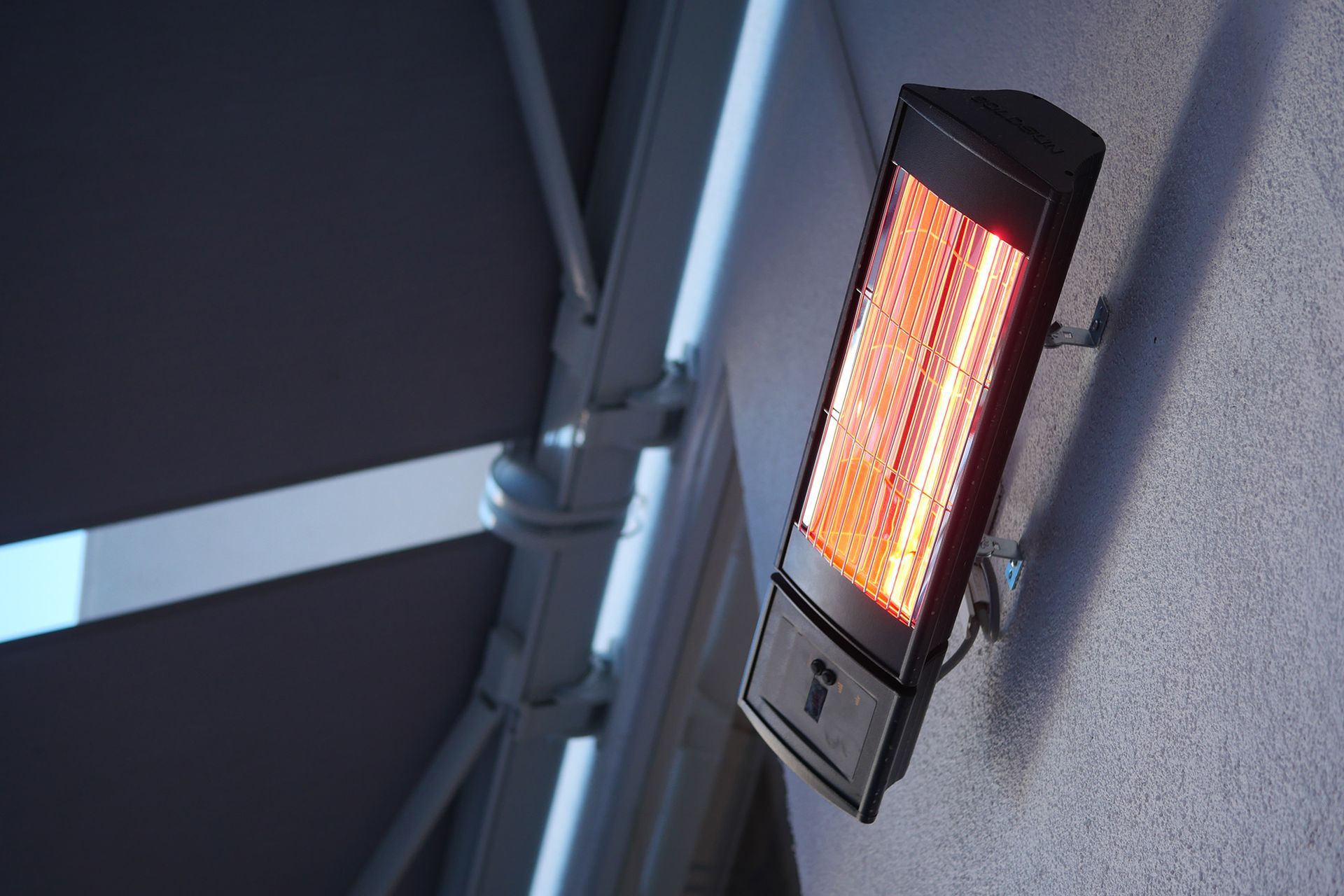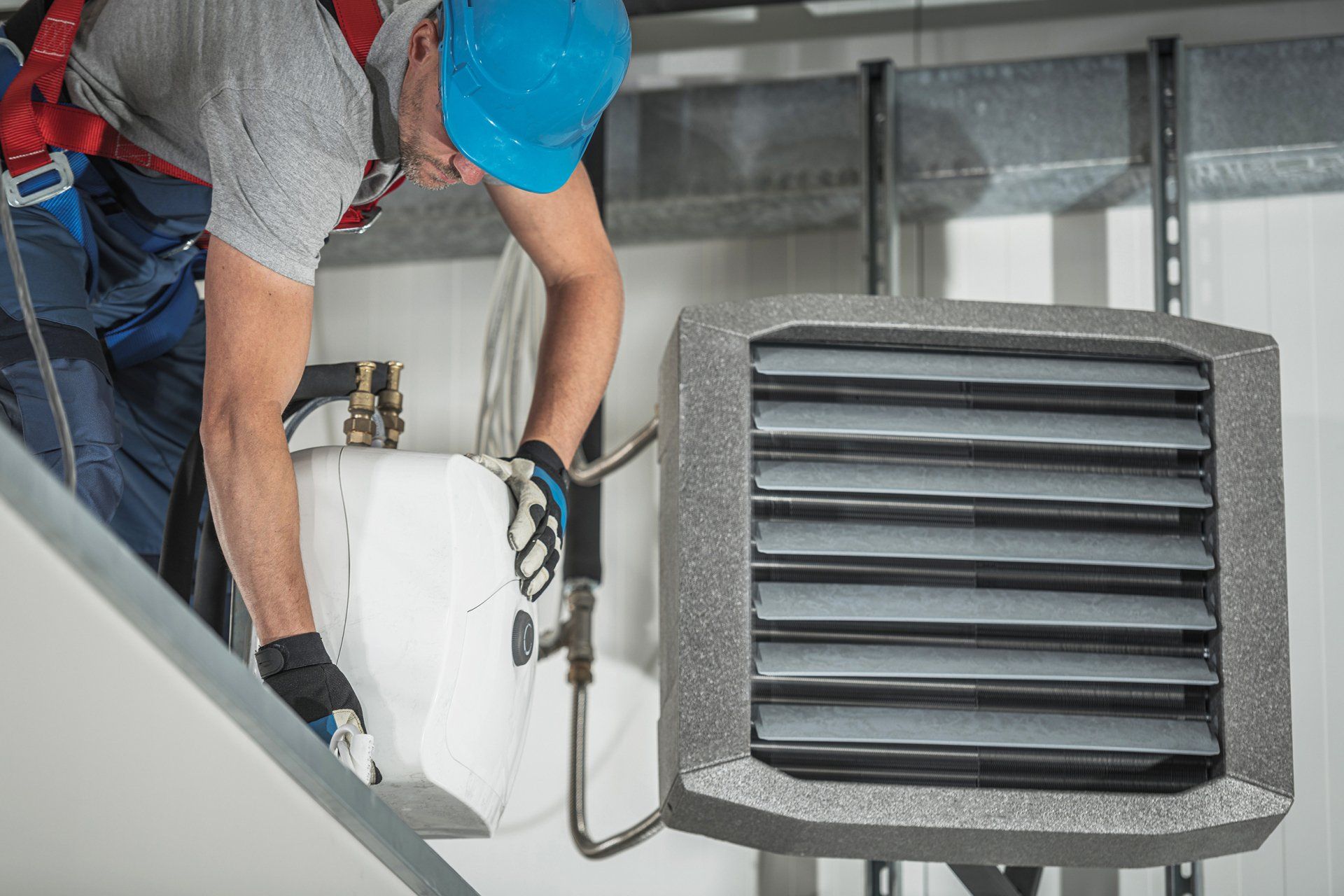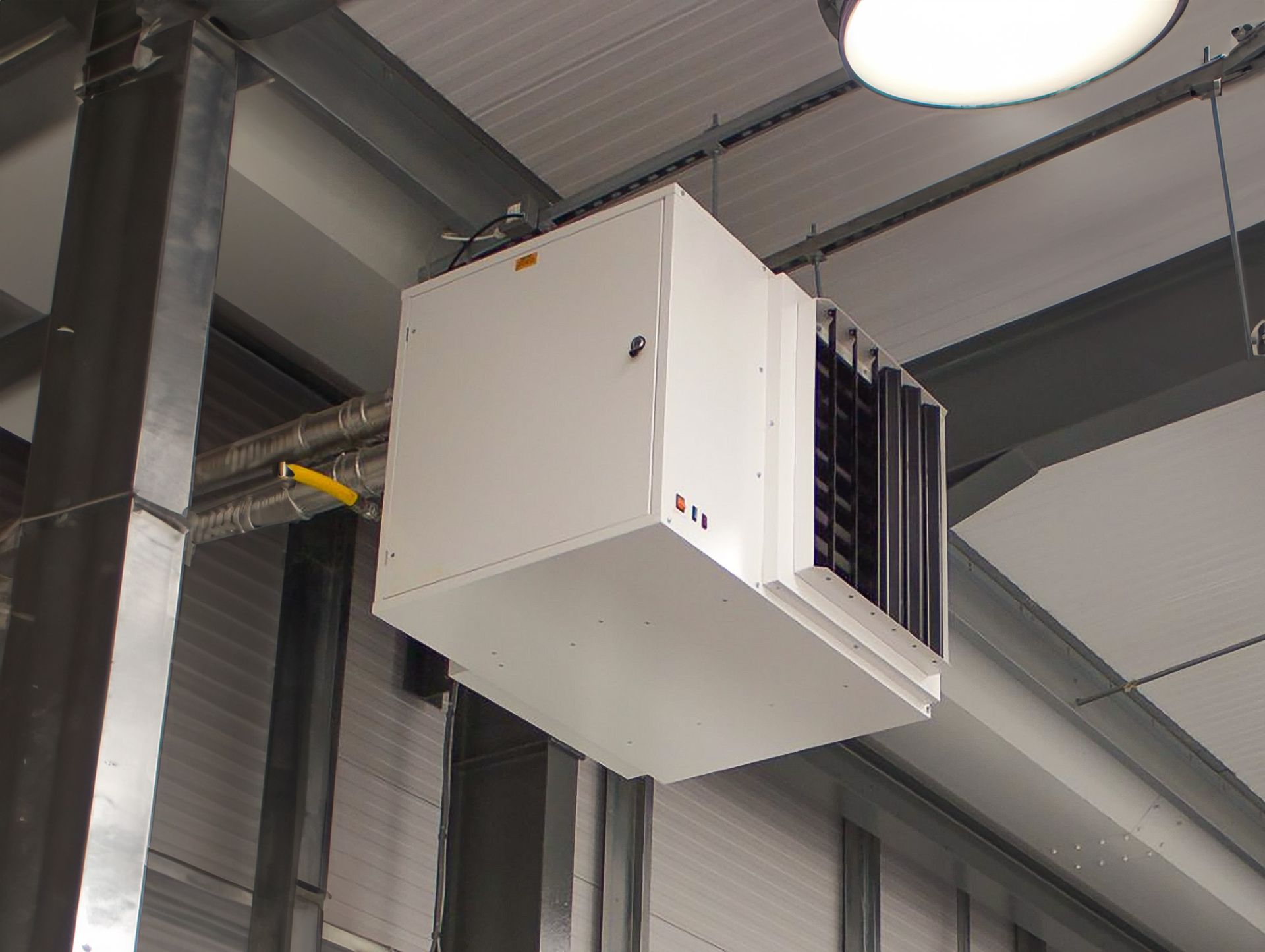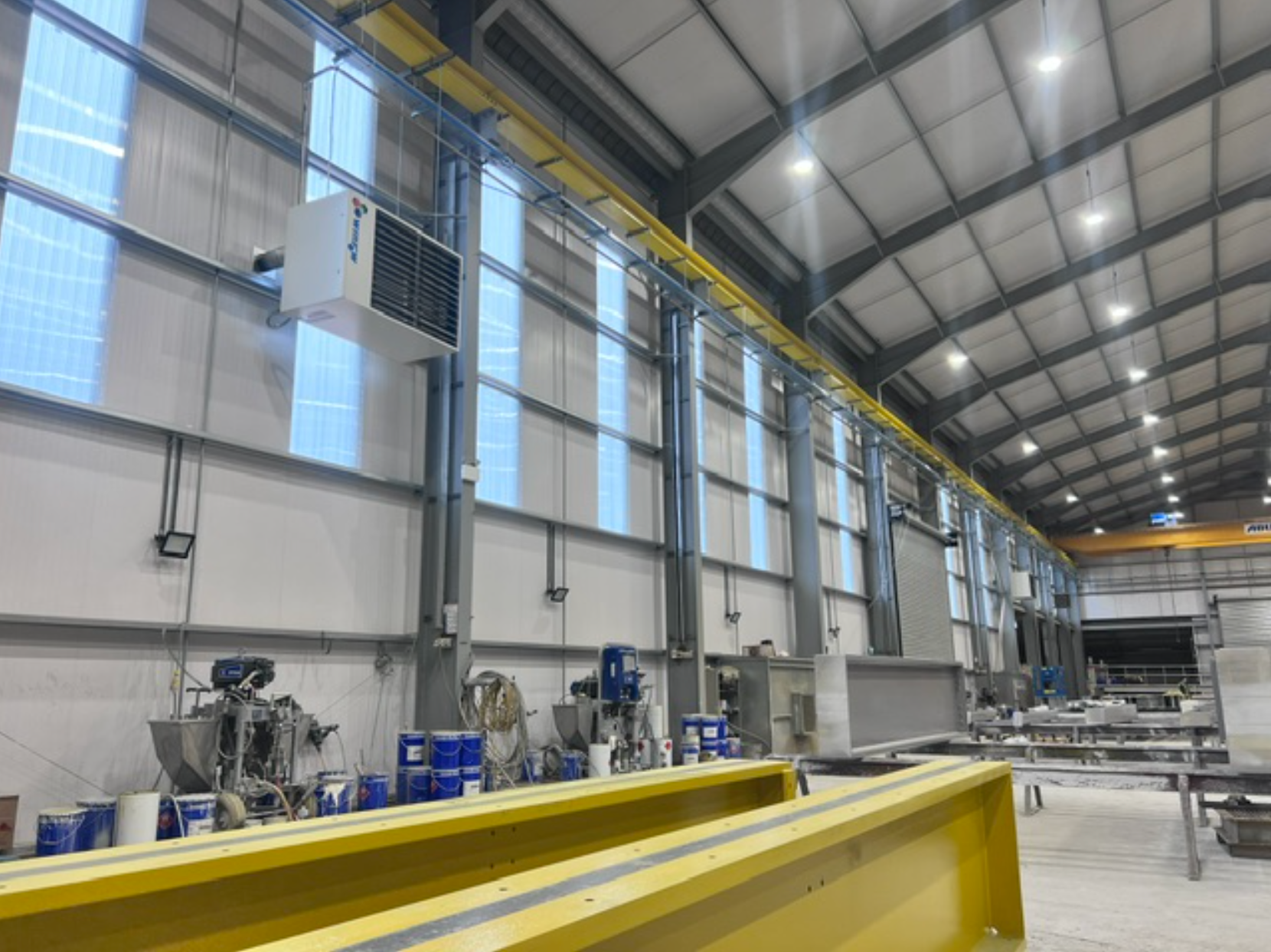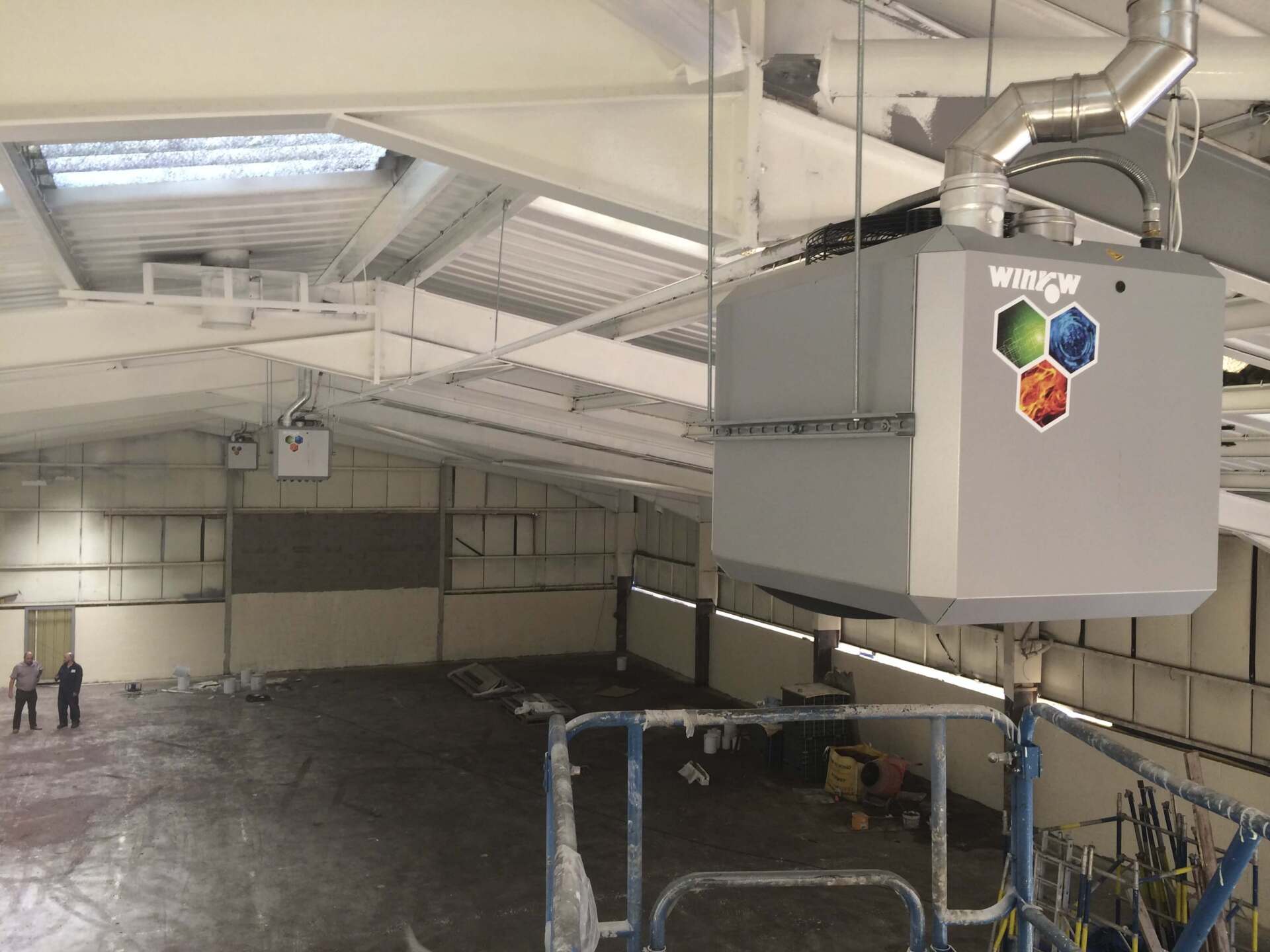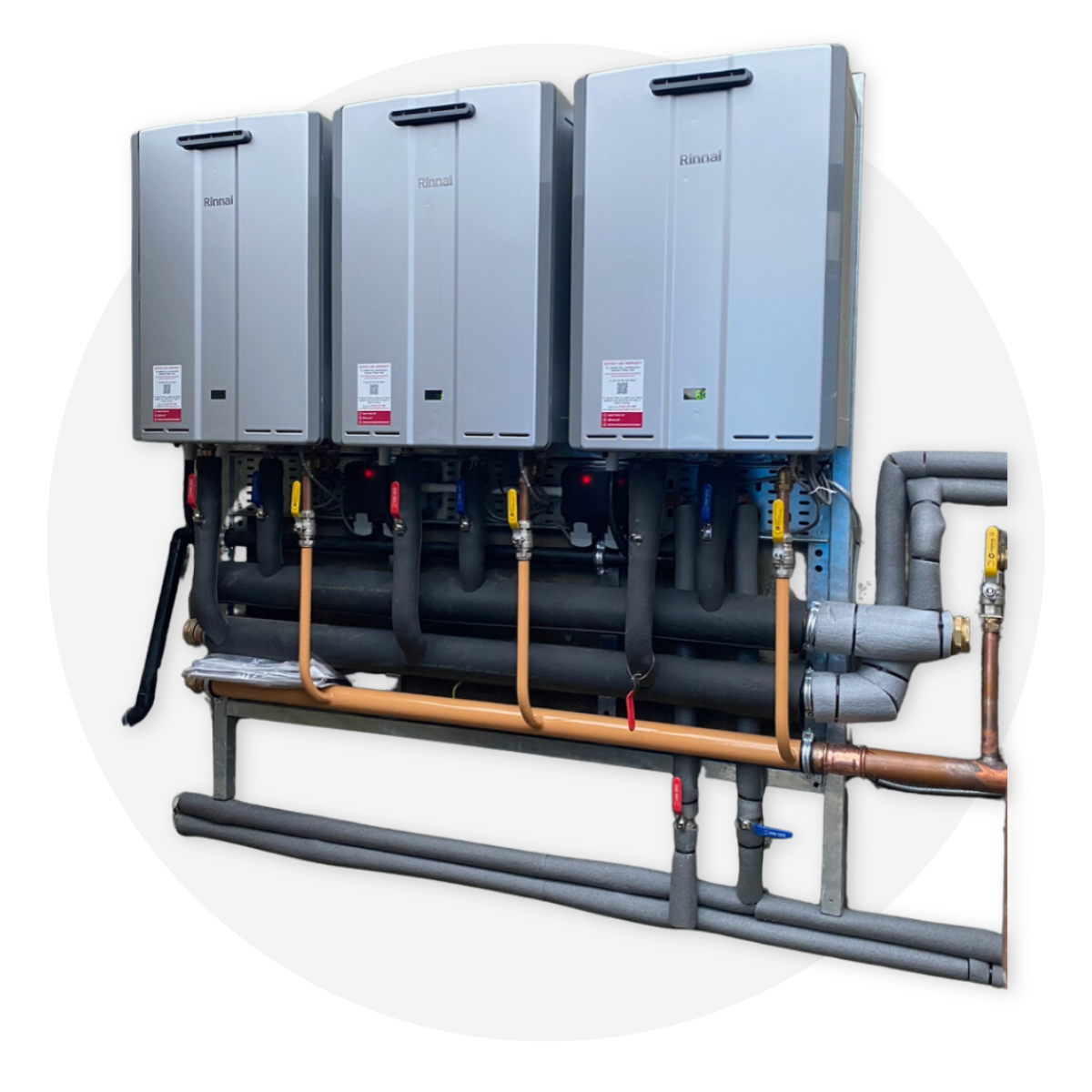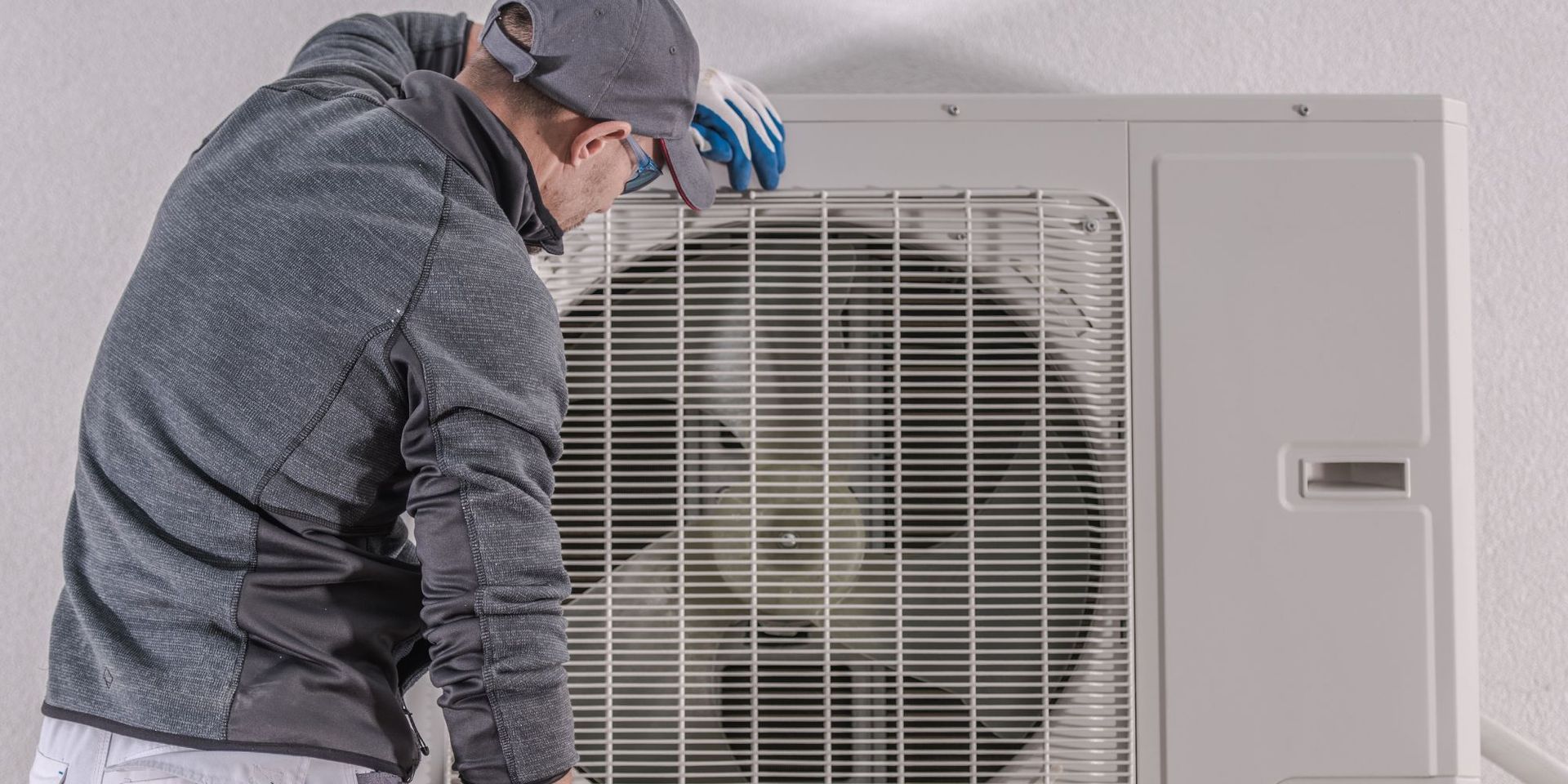Garage heating options
Occasionally you want a garage to be more than that. You may need a study, an office, a workshop, or somewhere for band practice. But it is not comfortable to do any of those things if yours is cold.
What follows is a concise review of your options for garage heating.
Types of Heaters Available to Consider
Installing a gas radiator might not always be an option because your garage may not be attached to your house or it is badly insulated. Badly insulated buildings make a gas radiator inefficient due to the significant amount of heat loss.
However, a panel radiator is something to think about if you have an electricity supply to your garage. They are energy-efficient, and will heat up (and cool down) quickly. Therefore, you are able to turn it on when you enter (or just before) and switch is off as you leave, in turn, making it energy efficient.
A convector heater works differently, by circulating air internally across a heating element. It warms the air, which then rises and is replaced in the heater by cooler air which goes through the same process. That continues until the heater is switched off, or until the thermostat tells it to stop.
Portable fan heaters are a popular choice for heating garages too. They offer a quick blast of heat, usually in one direction, and this is generally enough for heating a smaller room. It is often chosen for use in a caravan, for example. This option is something to think about when your aim is to heat yourself in the garage, rather than heating the whole room.
An oil-filled radiator is another possibility. They tend to take time to warm up, but once they have they tend to retain heat well. They’re an energy-efficient option, but you’ll have to remember to put the heater on before spending time in your garage.
Which Type of Heater is Best for a Garage?
Which type of heater you choose comes down to how long you intend to be in there at any one time. If you only want to be in there for a short period, then a portable fan heater will do the trick, since you’ll only need a short blast of heat.
You may even want to switch it off before a couple of hours pass as many heaters retain heat well. This, of course, depends on your garage insulation.
If you plan on being there for a substantial part of the day, then a convector heater might suit you better because it continuously heats air that’s circulating the room. All you would need to do is to set the thermostat at a temperature to suit you.
What is the most efficient way to heat a garage?
An important step in heating your garage is to ascertain what type of heater best fits your needs.
Heating a garage is not just about what heater to use, it’s also about how to retain heat without it dissipating into the walls.
In addition to buying a heater of your choice, you should also consider investing in some form of insulation. If your garage is well-insulated, whatever heater you pick will serve you well.
How can I heat a garage cheaply?
The most important factor in heating a garage cheaply is to only have a heater switched on when you are in there, if possible.
As a general rule, electricity is slightly cheaper than gas. Of course the more energy-efficient a heater is, then consequently the cheaper it will be to operate.
However, how much it costs to heat a garage depends on a number of other factors mentioned in this article including:
- How long you are planning on staying in the garage
- The size of your garage
- Whether your garage is connected to your house
- The quality of insulation in the garage
Thinking about these factors before you purchase your heater will ensure you get the correct type of heater for your garage, as all garages are different, so one type of heater doesn’t fit all.
Do You Need Professional Advice?
At Winrow, we can offer professional advice and help you select a heater for your garage. We will weigh up the factors associated with heating a garage to come to the cheapest and most efficient decision for your individual needs. We can also install and maintain the heaters and can typically save you up to 30% on running costs.
Call us today on 08000 588 035 and we’ll be happy to help.
Share This Post.
Latest News | Winrow Industrial Heating
